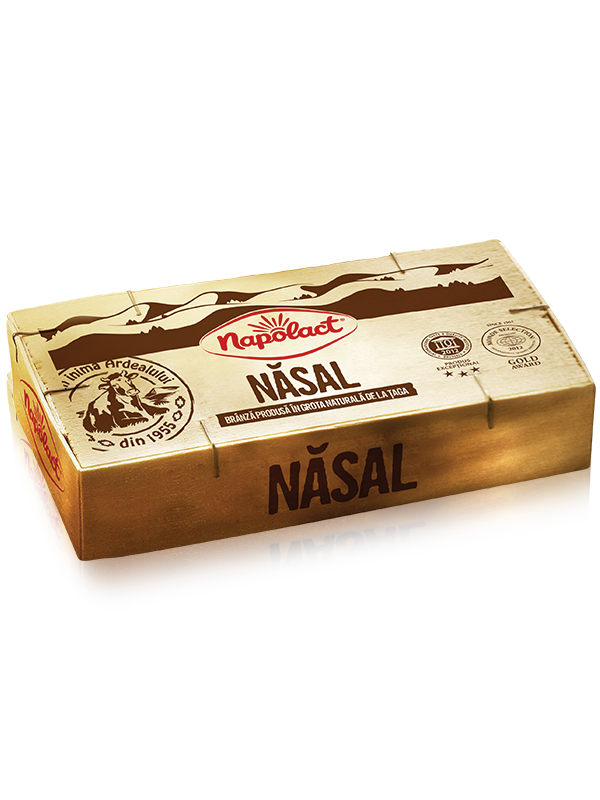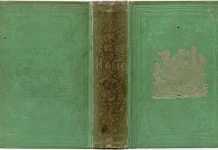A Romanian farmer who is credited with ‘saving’ a centuries-old Romanian cheese that is matured in a cave has died after falling into a septic tank, police said.
Dairy farmer
Dan Cristian Țandea, 52, a dairy farmer, died early Sunday after falling into a septic tank on his farm in the commune of Apahida, northeast of the Transylvanian city of Cluj.
Cluj county police said he was cleaning the tank when he fell in. They described it as “an improvised installation.” Coroners are carrying out an autopsy to determine the cause of death. Police said they have opened a manslaughter inquiry.
Mr Tandea was one of the most successful dairy farmers in the northwest Transylvania region.
Until recently he was the manager of the Somes-Aries dairy Cooperative which had a turnover of 5 million euros in 2018.
He had a 50-hectare farm with 270 dairy cows, while his family also owned 56 buffaloes, 44 cows and 700 sheep, Agrointel farming publication said.
Medieval Romanian cheese
However, his proudest achievement was saving the medieval Romanian cheese “Nasal.”
Produced for centuries, Nasal began to gain a reputation outside Romania in the 19th century. It even won a gold medal at the Paris World Expo.
In the 1950s, the communists tried to expand the facility beyond the cave, but the cheese suffered, and the cave was closed in 2013.
Following a public outcry, the cave reopened a year later after an agreement reached with the cooperative and Napolact, owned by the Dutch FrieslandCampana dairy producer.
Cave
“It’s rare to find cheeses that are fermented naturally in Romania. This is a unique cheese because it is matured in a cave where the temperature is 12-14°C all year long, and humidity is 95%. Bacteria give it a specific taste and smell. It’s like Camembert,” he told AgroIntel in 2018.
Due to the very limited production of the cave, Năsal cheese is difficult to find outside the area. It is sold in small quantities in Romanian supermarkets.
Pungent flavor
Năsal is a smear-ripened cheese, which means bacteria or fungus grows on the rind, giving it a pungent flavor. It is similar to the Belgian Limburger and French Port-du-Salut cheese.
The cave in Năsal contains naturally occurring bacteria which is present on the human skin that causes foot odor. That together with a stable temperature and humidity, gives the cheese a deep and earthy flavor that’s impossible to re-create elsewhere, according to producers.
No ordinary cheese, Nasal even has its own legend. According to the tale, the village of Taga was once controlled by a cruel and wealthy count. Under his rule, the people went hungry and they stole the count’s cheese, which they hid in a local cave.
Contraband cheese
When they went back to the cave to retrieve the contraband cheese, they discovered it had changed color, from white to reddish yellow, and had acquired a strong smell, according to Gastro Obscura.
To their surprise, the transformed cheese was delicious, but the count discovered what they’d done and took the cave cheese for himself. He also took the cave which he used to age his cheese into what Romanians call Năsal, after the small village where the cave is located.




















